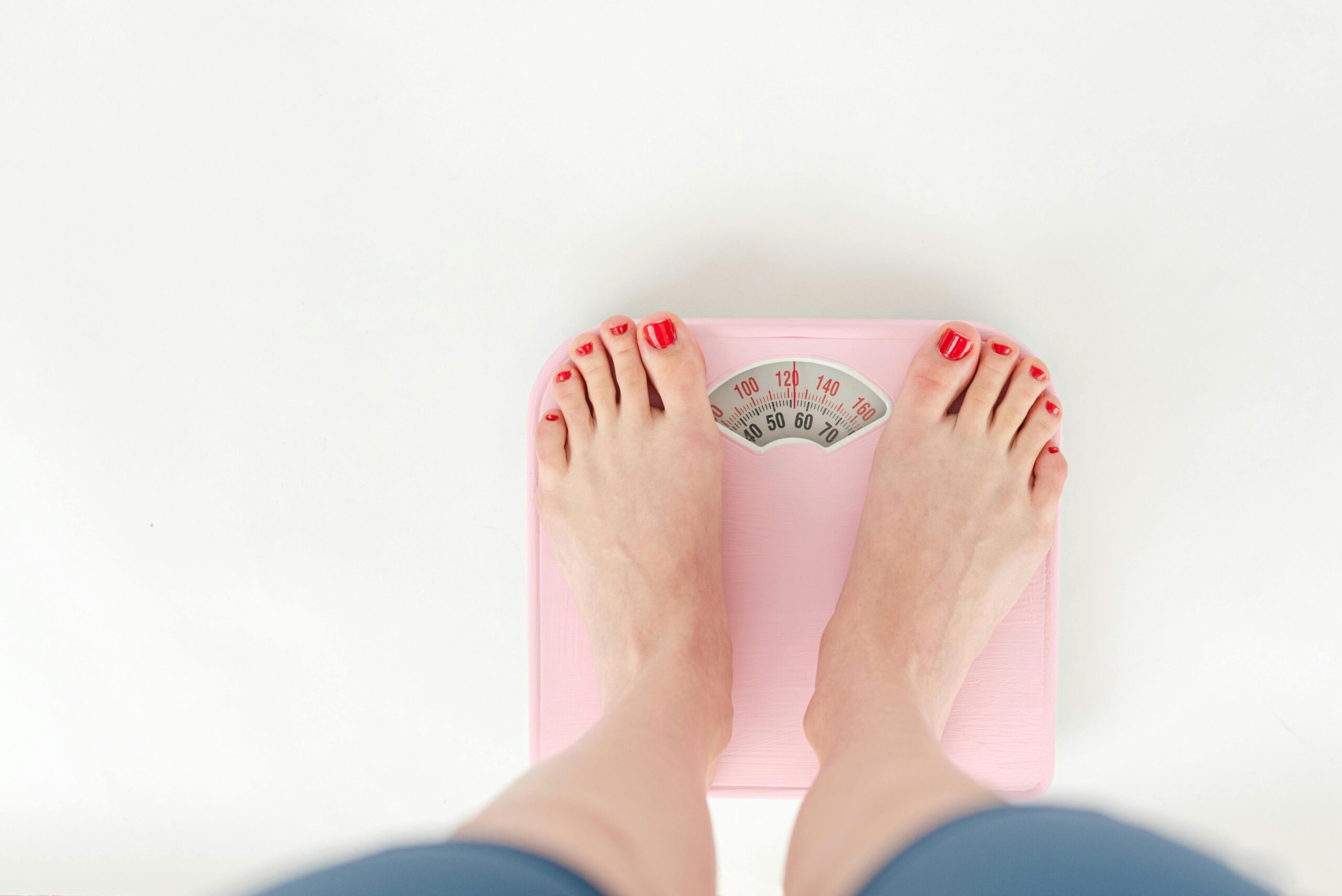The Ultimate Guide to Diet and Weight Loss
Introduction
In today’s world everyone is very concerned about good health. There are different types of diets and weight-loss strategies out there. It’s totally up to you which one to choose. Select the right method and you’ll transform your way of living. This guide explores trending diets, strategies for losing weight and the science behind effective weight loss.
Popular diets
Mediterranean diet: Whole grains, fruits, vegetables and olive oil are rich in healthy fats, this diet emphasizes fish and poultry over red meat. These foods are good for your heart health and effective for weight loss.
Keto Diet: Carbohydrate, high-fat foods are aimed at inducing ketosis, they burn your fat instead of carbs. It helps you to lose weight while maintaining good health, but you may find it difficult to maintain this habit.
Intermittent fasting: This eating pattern that switches between periods of fasting and eating. Popular approaches include the 16/8 method, (16 hours of fasting, 8 hours of eating) and the 5:2 method (five days of normal eating and two days of restricted calories).
Paleo Diet: Also known as the “caveman diet,” focuses on eating foods found in our prehistoric ancestors, such as meat, fish, fruits, vegetables, nuts, and seeds, excluding processed foods, grains, and dairy.
Plant-based diet: Eat more vegetables, fruits, whole grains, nuts and seeds. The focus is on plant-based foods that provide essential vitamins, minerals, and fiber. It offers numerous health benefits, including weight loss, improved heart health, and reduced risk of chronic diseases.
Effective weight loss tips
Set realistic goals: Aim to lose a few pounds each week or month. This approach is likely to be more sustainable and healthy than quick weight loss.
Stay hydrated: Drinking water makes up for some of the deficiency in your diet. It’s advisable to avoid drinking water on an empty stomach, as thirst can often be confused with hunger, resulting in unnecessary eating.
Eat Mindfully: Pay attention to what you are eating and savor every bite and eat slowly. Avoid getting distracted by TV or smartphones while eating. Pay attention to your body’s hunger and fullness cues.
Regular exercise: Strength training (such as weight lifting) and aerobic exercise (such as walking, running, and cycling,) can help you lose weight and improve overall health.
Get enough sleep: Sleep well. Less sleep can make your body fat. Try for 7 to 9 hours of quality sleep every night.
Manage stress: Chronic stress can contribute to weight gain. Practice stress reduction techniques such as meditation, yoga or deep breathing exercises.
The science of weight loss
Weight loss occurs when you consume fewer calories than you burn. This creates a calorie deficit, forcing your body to use stored fat for energy. Several factors influence weight loss, including metabolism, hormones, age and activity level. You understand yourself, arrange yourself according to your plan.
Conclusion
There are many methods for maintaining good health and losing weight. You can customize the plan to suit your body’s specific needs. Choose a diet that suits your body. By establishing achievable goals, staying hydrated, eating mindfully, exercising moderately, sleeping well, incorporating activities like walking and jogging, you can enhance your health. etc. Keep your body healthy. Always consult a healthcare professional before starting any new diet or weight loss plan.




